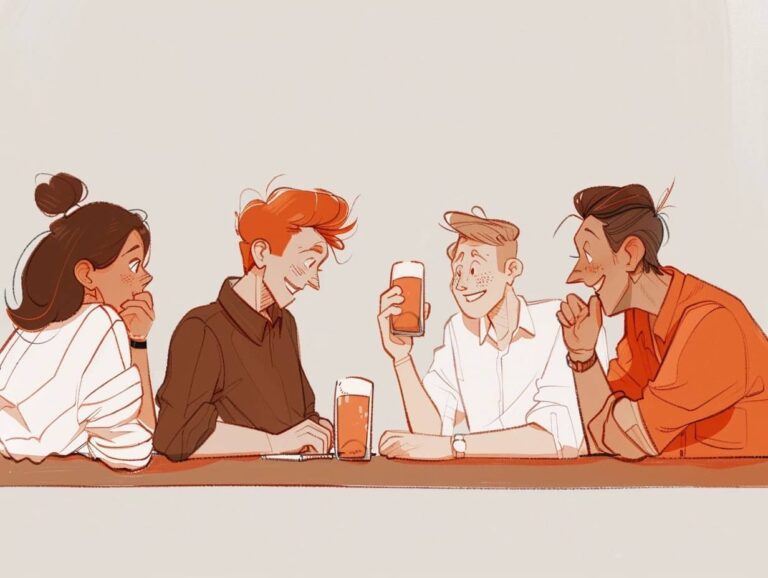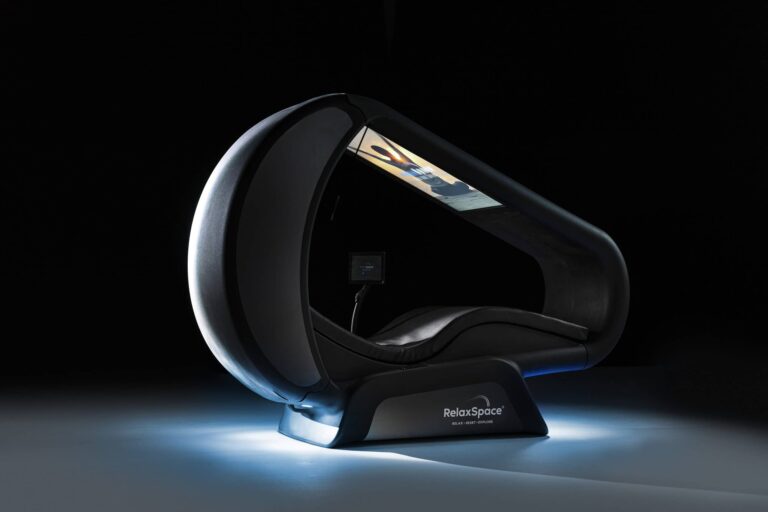What Happens If a Vein Pops?
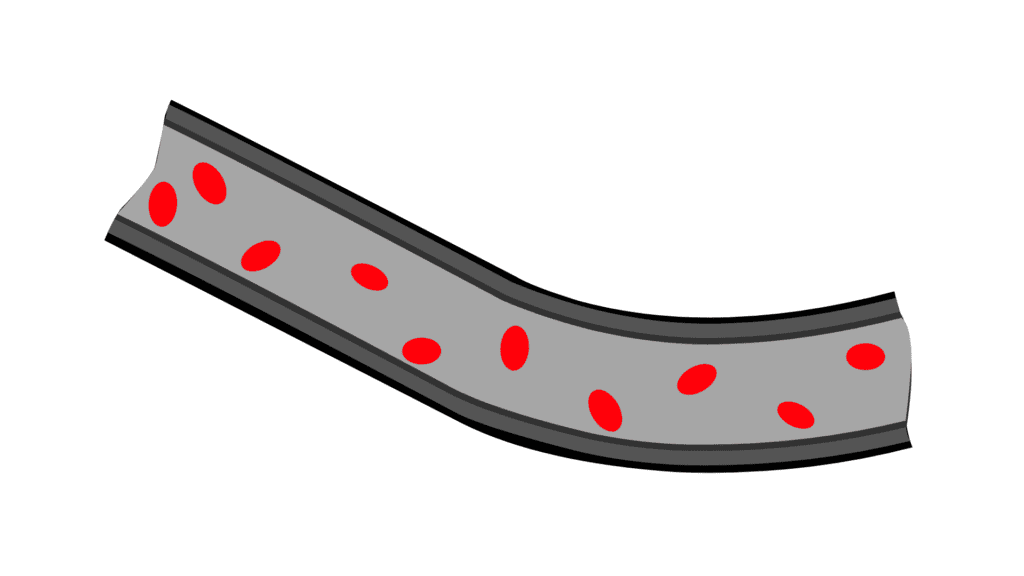
First things first, let’s clear up what we mean by a vein “popping.”
It’s not like popping a balloon – it’s more like a small tear or rupture in the vein. This can happen for a bunch of reasons, which we’ll get into later.
When a vein pops, it’s usually not as dramatic as it sounds. Most of the time, it’s a small blood vessel near the surface of your skin that breaks.
This can happen from something as simple as bumping your arm against a table or lifting something heavy 1.
What Does a Popped Vein Look Like?
If you’ve popped a vein, here’s what you might see:
- Bruising: This is the most common sign. You’ll see a dark purple or blue area that might gradually change to green or yellow as it heals 2.
- Swelling: The area around the popped vein might puff up a bit.
- Tenderness: It might hurt a little when you touch it.
In some cases, if it’s a larger vein or if you’re on blood thinners, you might see some bleeding. But don’t panic – we’ll talk about what to do in a sec.
Why Do Veins Pop?
Veins can pop for a bunch of reasons:
- Injury: This is the most common cause. You might bump into something or strain yourself while lifting.
- Increased pressure: Sometimes, if you’re straining (like during a tough workout), the pressure in your veins can increase and cause a rupture 3.
- Weakened vein walls: Conditions like varicose veins can make your veins more likely to pop.
- Medical procedures: Sometimes, veins can be damaged during blood draws or IV insertions.
Is a Popped Vein Serious?
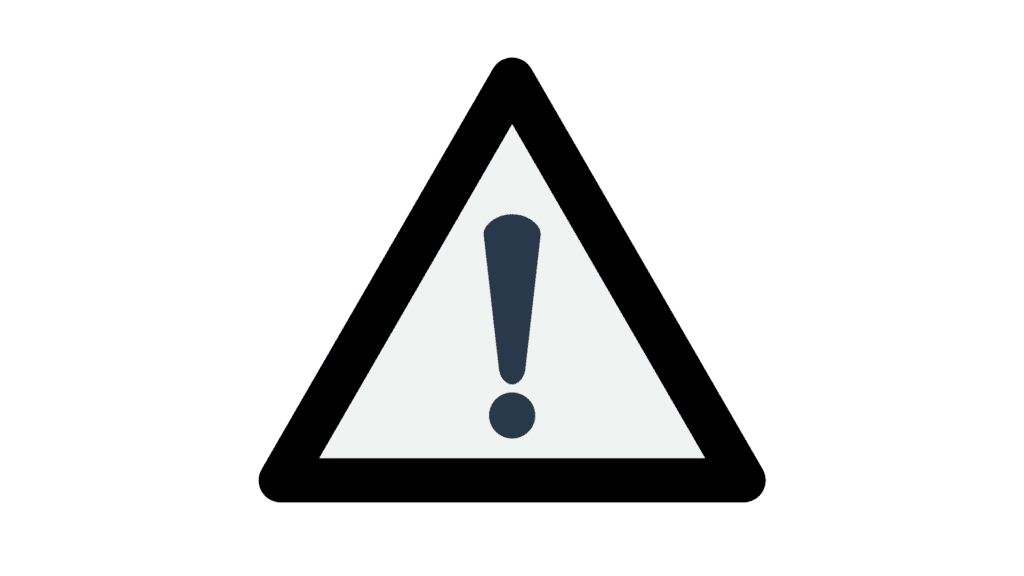
Here’s the good news: most of the time, a popped vein isn’t a big deal. Your body is pretty good at healing these small injuries on its own. However, there are some situations where you might need to see a doctor:
- If the bleeding doesn’t stop after applying pressure for 10-15 minutes
- If you’re on blood thinners
- If the area becomes very painful or shows signs of infection (like redness, warmth, or pus)
- If you have a large, painful lump under the skin (this could be a hematoma) 4
What Should You Do If a Vein Pops?
If you think you’ve popped a vein, here’s what to do:
- Stay calm: Remember, this is usually not serious.
- Apply pressure: If there’s any bleeding, use a clean cloth to apply firm pressure for 10-15 minutes.
- Elevate: If it’s on your arm or leg, try to raise it above your heart level.
- Ice it: Apply a cold pack to reduce swelling and pain.
- Rest: Give the area a break for a day or two.
How Long Does It Take for a Popped Vein to Heal?
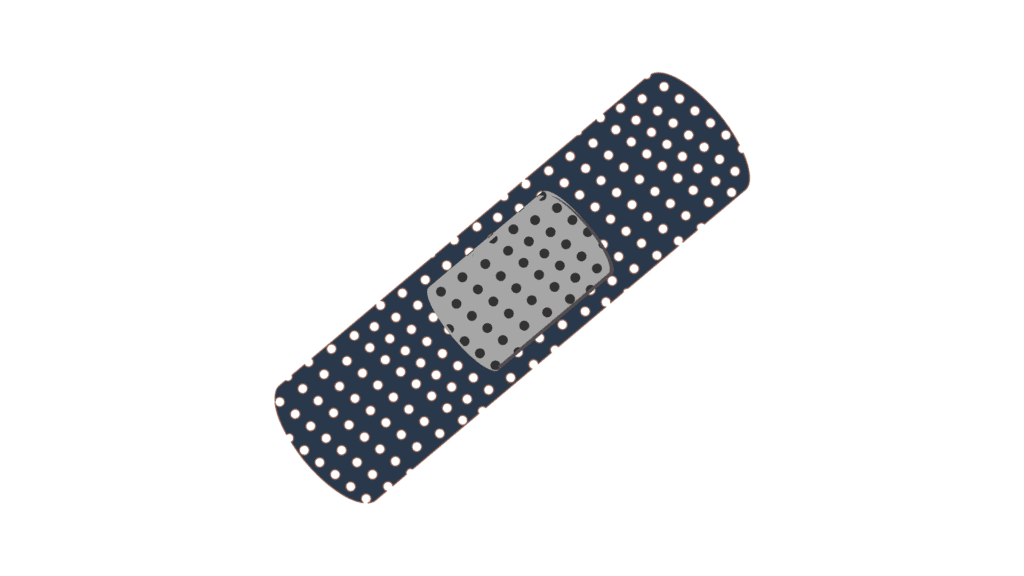
Healing time can vary, but most popped veins will heal within a few days to a couple of weeks.
The bruise might stick around for a bit longer, but that’s normal. Your body is working on reabsorbing the blood that leaked out 5.
Can You Prevent Veins from Popping?
While you can’t prevent every bump and bruise, there are some things you can do to keep your veins healthy:
- Stay hydrated: This helps keep your blood flowing smoothly.
- Exercise regularly: This improves circulation.
- Avoid sitting or standing for long periods: Move around to keep your blood flowing.
- Wear compression stockings: These can help if you’re prone to varicose veins.
- Maintain a healthy weight: Extra weight puts pressure on your veins 6.
When to Worry About Varicose Veins
If you have varicose veins, they’re more likely to pop. Keep an eye out for these signs that might mean you need to see a doctor:
- Severe pain or swelling
- Skin changes around the vein (like discoloration or hardening)
- Ulcers or open sores near the vein
- Bleeding that won’t stop 7
If you’re experiencing any of these symptoms, it’s important to get checked out. For those in the Big Apple, a New York vein specialist can provide expert evaluation and treatment options for varicose veins and related issues.
Conclusion
So, there you have it. A popped vein might look scary, but it’s usually not a big deal. Your body is pretty amazing at healing itself. But if you’re worried or if you’re seeing any of those more serious symptoms we talked about, don’t hesitate to check in with a doctor.
Better safe than sorry, right?
Taking care of your overall health is the best way to keep your veins (and the rest of you) in good shape. So stay active, eat well, and don’t forget to give yourself a break now and then. Your veins will thank you!

